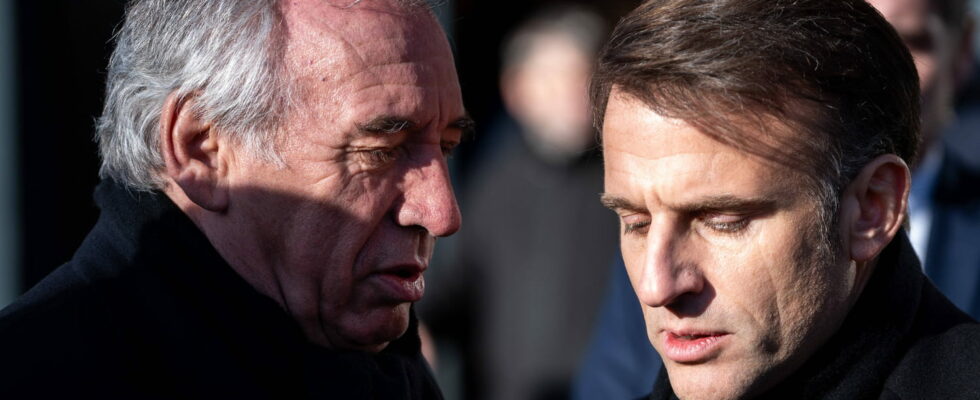The head of government could defend several tax increases, one of which would concern, in part, the savings of many French people.
Taxes 2025, act 2. It is time again for debates among senators, then deputies, on the question of taxation for this new year. The situation is almost unprecedented since the tax rules for the current year must normally be voted on before December 31 of the previous year. This year, due to lack of agreement, this could not be the case due to the vote of censure.
Michel Barnier overthrown, François Bayrou took over. With the priority task of establishing the budget, and therefore the taxes, for the year 2025. According to the timetable set by the Prime Minister, the French should know, at the latest, at the beginning of mid-March, what the rules in force will be. If nothing is yet set in stone, tax increases are to be expected, in line with what the former government team proposed.
An increase in taxes on savings and plane tickets planned
The first point – the one which concerns the most French people – is that of the single flat-rate deduction, more commonly called PFU. This is the taxation which applies to several financial transactions, in particular the interest received on certain life insurance policies, but also various savings accounts, such as the CEL or the PEL. But that’s not all, the PFU is also paid on dividends received. Currently, its rate is 30%. The government and parliamentarians want to increase it to 33%.
Another increase in taxation which would impact many French people, and, again, not only the richest: the increase in a tax on plane tickets. In the fall, MPs voted for a near-quadruple increase for, for example, a flight in Europe in economy class. For their part, the senators had voted for a “simple” doubling of the tax. François Bayrou has not yet said what level of increase he would choose.
Ways to make the richest pay more taxes
As for the wealthiest, François Bayrou wants to force French people who declare, alone, €250,000 in income per year or, as a couple, €500,000, to pay at least 20% of their remuneration to the tax authorities. Currently, through various optimization mechanisms, it is possible for these very high incomes to lower their tax bill. The Prime Minister wants to put an end to it.
If, when filing taxes, the amount to be paid does not correspond to 20% of income, then a tax will be applied to reach this 20% level. However, this could only apply to 2025 income, declared in 2026. A mechanism to collect revenue from this system from this year is however under study. The idea of taxing assets more than income is also one of the avenues considered.
François Bayrou also has large companies in his sights. Those who declare more than 1 billion euros in turnover, and who are profitable at the end of the year, could pay a surcharge
